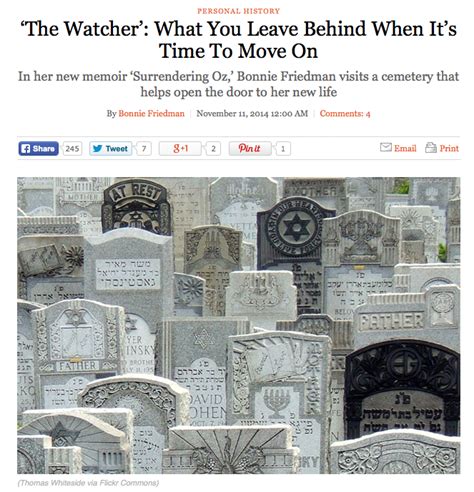A Quote by Jose Ortega y Gasset
Here, then, is the point at which I see the new mission of the librarian rise up incomparably higher than all those preceding. Up until the present, the librarian has been principally occupied with the book as a thing, as a material object. From now on he must give his attention to the book as a living function. He must become a policeman, master of the raging book.
Related Quotes
You must overcome any shyness and have a conversation with the librarian, because he can offer you reliable advice that will save you much time. You must consider that the librarian (if not overworked or neurotic) is happy when he can demonstrate two things: the quality of his memory and erudition and the richness of his library, especially if it is small. The more isolated and disregarded the library, the more the librarian is consumed with sorrow for its underestimation. A person who asks for help makes the librarian happy.
When a librarian really believes that a book is harmful, that its content is contrary to the welfare of the community, or that it is destructive of good taste, even if those are his opinions only, he has not only the right, but also the obligation to do what he properly can to keep that book out of the hand of those whom he thinks might be injured by it.
Because he did not have time to read every new book in his field, the great Polish anthropologist Bronislaw Malinowski used a simple and efficient method of deciding which ones were worth his attention: Upon receiving a new book, he immediately checked the index to see if his name was cited, and how often. The more "Malinowski" the more compelling the book. No "Malinowski", and he doubted the subject of the book was anthropology at all.
You will want a book which contains not man's thoughts, but God's - not a book that may amuse you, but a book that can save you - not even a book that can instruct you, but a book on which you can venture an eternity - not only a book which can give relief to your spirit, but redemption to your soul - a book which contains salvation, and conveys it to you, one which shall at once be the Saviour's book and the sinner's.
Women who were housewives, who were pretty miserable ... felt inspired by her book and their life changed. They didn't become megastars, but they became a librarian or something. I've heard women say again and again when the subject of Germaine comes up: 'Well, her book changed my life for the better.' And they'll be modest women living pretty ordinary lives, but better lives.
Chapter One. The Bride." He held up the book then. "I'm reading it to you for relax." He practically shoved the book in my face. "By S. Morgenstern. Great Florinese writer. The Princess Bride. He too came to America. S. Morgenstern. Dead now in New York. The English is his own. He spoke eight tongues." Here my father put down the book and held up all his fingers. "Eight. Once in Florin City...
Reading a book, for me at least, is like traveling in someone else's world. If it's a good book, then you feel comfortable and yet anxious to see what's going to happen to you there, what'll be around the next corner. But if it's a lousy book, then it's like going through Secaucus, New Jersey -- it smells and you wish you weren't there, but since you've started the trip, you roll up the windows and breathe through your mouth until you're done.
The book of the moment often has immense vogue, while the book of the age, which comes in its company from the press, lies unnoticed; but the great book has its revenge. It lives to see its contemporary pushed up shelf by shelf until it finds its final resting-place in the garret or the auction room.
To discuss a Martin Amis book, you must first discuss the orchestrated release of a Martin Amis book. In London, which rightly prides itself on the vibrancy of its literary cottage industry, Amis is the Steve Jobs of book promoters, and his product rollouts are as carefully managed as anything Apple dreams up.







































